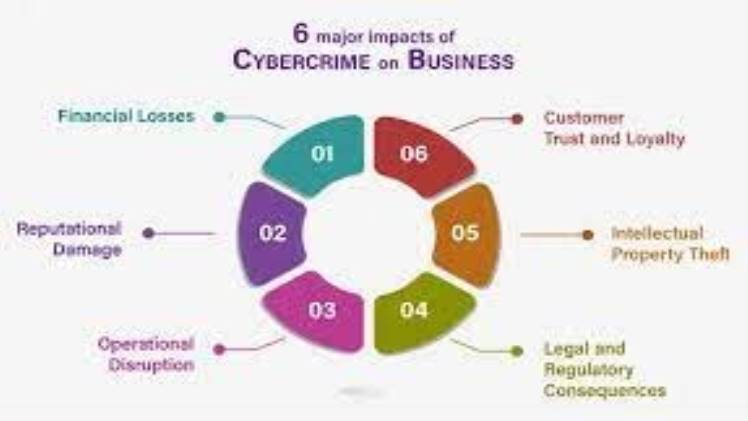The Impact of Cybersecurity Laws on Businesses

The Impact of Cybersecurity Laws on Businesses
Both the federal government and many states have cybersecurity regulations that businesses must abide by. Failure to meet these criteria could result in fines or other sanctions that could tarnish a business’s reputation.
For instance, violations of the Health Insurance Portability and Accountability Act (HIPAA) can cost businesses up to $50,000 for each violation and up to $1.5 million annually. Other industry-specific regulations like Gramm-Leach-Bliley Act that deals with financial information lead to heavy fines and jail time for those who fail to protect their customers’ data.
International Standards and Compliance
Businesses operating globally are bound by global cybersecurity standards. Companies must implement new security measures and processes in order to comply with these regulations.
The European Union, for instance, has a variety of cybersecurity regulations that apply to any business doing business within or with the bloc. These include the General Data Protection Regulation which requires all companies to safeguard personal data belonging to European residents.
State Cybersecurity Laws
While the federal government lacks comprehensive cybersecurity legislation, many states do. New York passed the SHIELD Act in 2020 which requires companies to disclose any data breaches and take appropriate measures in response. Furthermore, companies must install reasonable administrative, technical, and physical safeguards for customer information they collect.
Though the law may present some challenges to follow, it also offers certain advantages. Businesses are now required to demonstrate that they take privacy seriously and are dedicated to safeguarding customer data.
Furthermore, the law can give businesses a legal defense in court should they face a lawsuit due to a data breach or cybersecurity incident. Companies are required by law to inform customers about what happens with their personal data, and customers have the right to request that it be removed from a company’s database.
These laws are an invaluable resource for companies in educating customers and partners about how to safeguard their personal information. By being aware of these regulations, companies can increase customer and partner confidence when sharing sensitive data with them.
In addition to these laws, businesses should also be aware of the latest cybersecurity regulations in their jurisdiction. These can vary from state to state but some are more prescriptive than others.
CISA and Cyber Incident Reporting for Critical Infrastructure Acts
In the United States, several governmental cybersecurity regulations exist such as the Federal Information Security Management Act (FISMA) and Cybersecurity Information Sharing Act (CISA). These laws were intended to shield our nation from cyber attacks.
However, they can also pose a challenge to businesses and organizations who do not fully comprehend the legal ramifications of these rules. For instance, there is often disagreement regarding what constitutes a data breach or cyber attack, as well as how companies must report such incidents.